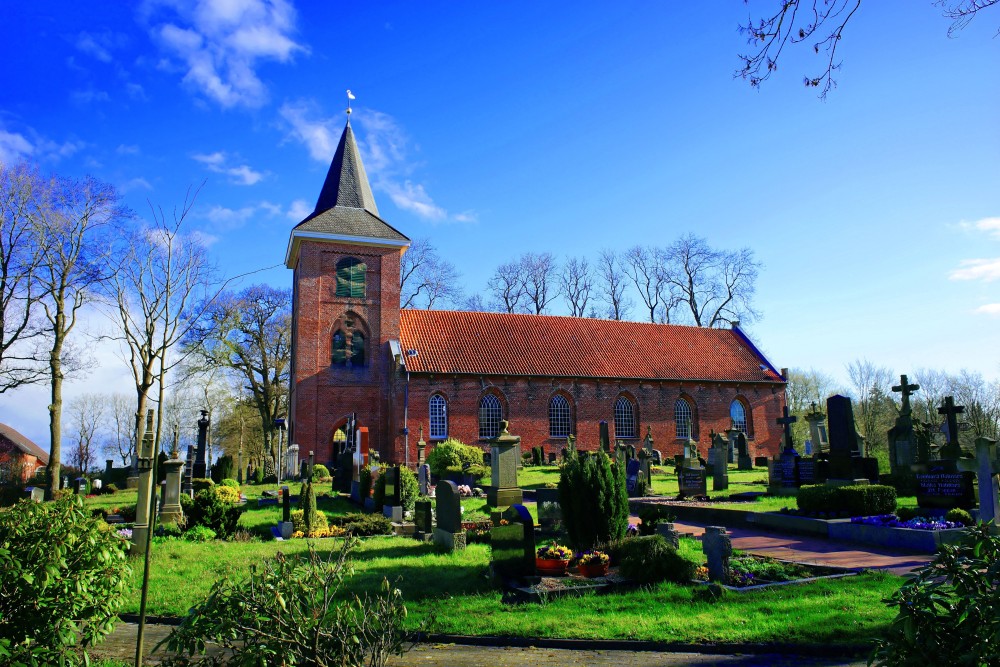A call to death
One gift of being a pastor is that death stands right in front of us. We understand that our days are numbered.

Last week, I was at the University of Dubuque Theological Seminary, where I’m co-teaching a D.Min. course. We thought a lot about generational issues, from birth to death. Our reading was diverse, as we looked at what different people thought about children—from Augustine of Hippo, to John Calvin, to Ta-Nehisi Coates. And we thought about the end of life, reading about ancient Romans and modern neurologists.
The books were fascinating, and there was the added bonus that in the second year of our cohort, the class does most of the teaching, so I got to sit back and enjoy the material more. One of the most interesting books was Being Mortal, which reminded me of the importance of having a life of meaning, right until the end. There were many things that stuck with me as I have put down the book. For instance, most people long for safety for their loved one at the end of life, but the loved ones? They long for autonomy. Those two things often come into conflict. Also, Atul Gawande talks about how our horizons change. When we can count our days, our broad and grand endeavors of career and calling become micro-focused on family and loved ones.
One gift of being a pastor is that death stands in front of us. We understand that our days are numbered. When I was still in my twenties, I began planning my funeral service and imagining my obituary, not because I’m especially morbid, but because I sat with different families who discerned the most meaningful songs, constructed a life story that would fit into an obit column, wondered who would show up for the service, and imagined what people would say about the person who died. It became easy to take their experience and imagine myself resting in the coffin. I began to wonder, What do I want the end of my life to look like? When would I want to stop the next cancer treatment? What will be my legacy? What does death look like?




